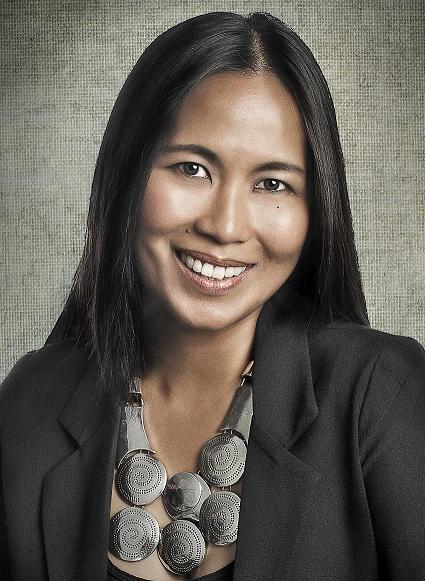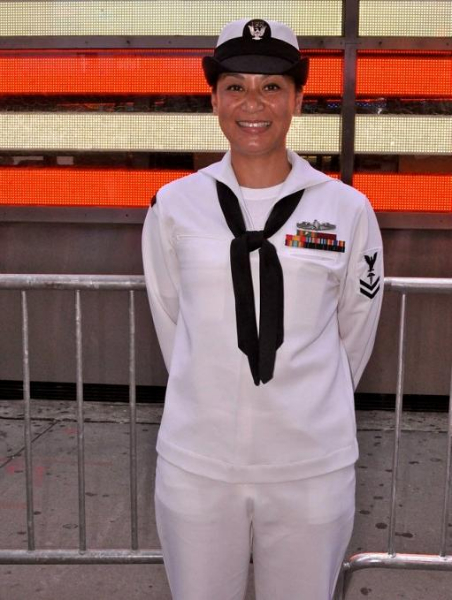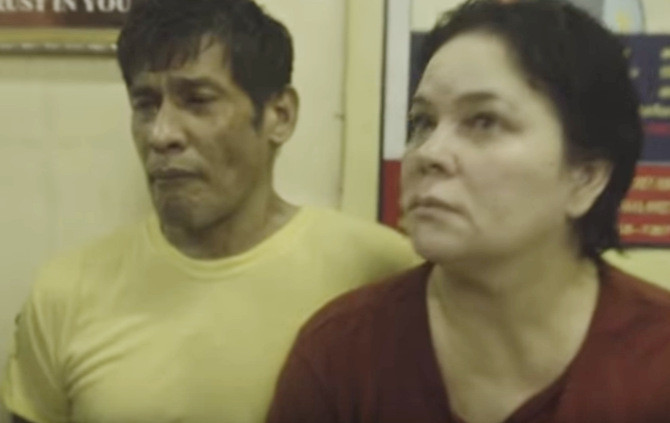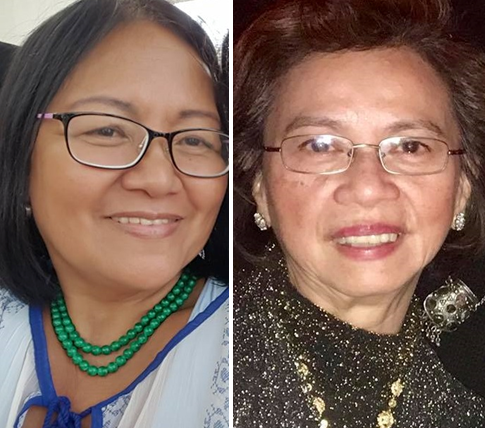Punyeta! Filipina-owned clothing line uses sexist Tagalog words
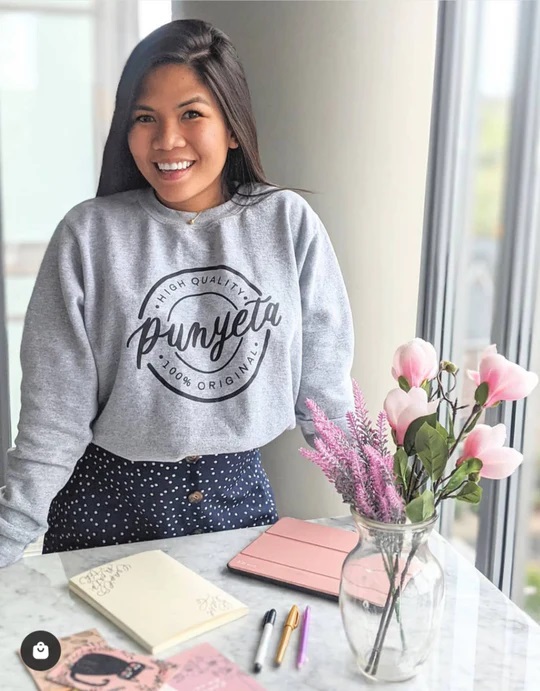
A Filipina-owned clothing line that aims to “celebrate, own, and reclaim” Filipina identity was founded in Toronto in 2019. “Historically sexist and derogatory terms,” such as Maldita, Maarte, Lakwatsera, Ambisyosa, are front and center of the Pinay Collection of shirts, bags and accessories.
Founder Jovie Galit said Pinay Collection is about taking back words that were once used to put down Filipinas. Words like Maldita or bratty and Lakwatsera, a woman who goes out too much, are just some of the Tagalog words that have been used to shame and silence Filipinas.
“I was born and raised in Nueva Ecija, Philippines and came to Canada in 2011 as a young adult,” said Jovie. “My immigration journey has molded the person I’ve become and the person that I am for my community. Pinay Collection is more than a brand, it’s a community that builds support around our shared pain and histories as Filipina/xs, and to take back words meant to make us feel small and to make it our own.”
The collection includes sweaters, tees, bags, hats, and other accessories, encouraging Filipinas in the diaspora to be bold and unapologetic in reclaiming these historically harmful and hurtful words.
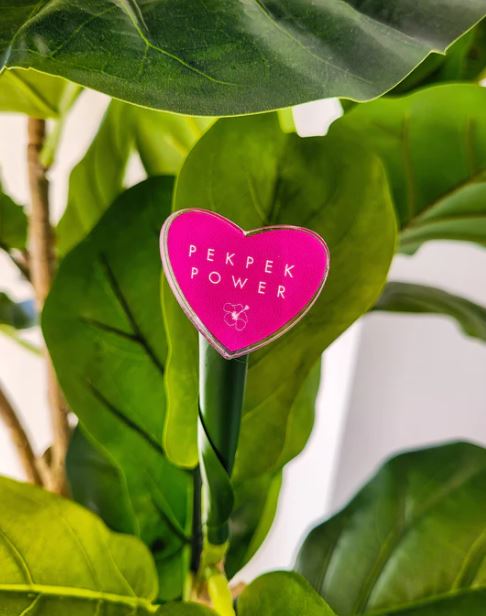
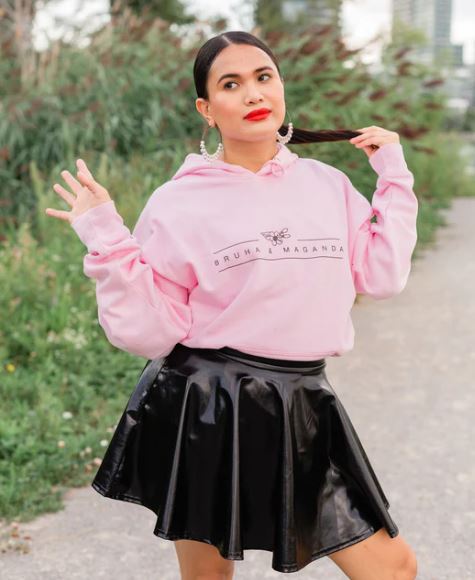
“This line was always about confronting the words that our titas (aunts) and nanays (moms) used to make us millennial Filipinas feel some kind of way as we were growing up,” said Karla Villanueva Danan, a Pinay Collection support. “I’m most amused by the fact that when I strut around my Punyeta bag or Maarte sweater, the titas are all over it. I love how Pinay Collection has been bringing healing and laughter that many of us Pinay daughters have carried since childhood.”
Unlike other Filipino clothing lines that use Barongs, Ternos, or traditional textiles to show connection to Filipino culture, Pinay Collection features bold Tagalog words on their merchandise. Over the years, Jovie said it has proudly amplified Filipina narratives worldwide through a movement that centers around joy, beauty, and resistance. She said her work as a “multifaceted creator” lies in the intersectionalities of art, entrepreneurship, and social justice.
“Outside of my artistic role, I have extensive experience developing community work and advocating for newcomer and Filipino families within so called Canada — work that continues to ground me and my entrepreneurial values,” she states in her company website.

Jovie came to Canada when she was 18. During her first three to four years, she lived in Listowel, Ontario, a small town of about 7,000 people. At that time, there were only about 20 Filipinos. “It was really isolating,” she said.
“I did not see anyone who represents me. I did not see community. I only knew my mother and my brother. I would not speak because I feared that no one could relate to me or to my experiences. It took about six months before I had the courage to take the bus because I did not know what to do with those tokens. I did not know where to pay. I did not know if I should be saying para, I did not know how to stop the bus. I feared that the bus driver would make fun of me, just by having that presence in that bus. So it’s a lot of anxiety and fear molded into one ball of mixed emotions.”
She trained as a hand lettering artist and has been focused on designing clothing through the art of calligraphy. This work has inspired her to launch Pinay Collection in the fall of 2019.
“Our goal is to build a brand centered around vulnerability,” said Jovie. “A brand that highlights Filipina/x stories that’s been longing to be shared and witnessed. A brand that builds and nourishes a deeply connected community. A brand that centers the unheard and embraces the beauty in our ‘imperfections.’”

